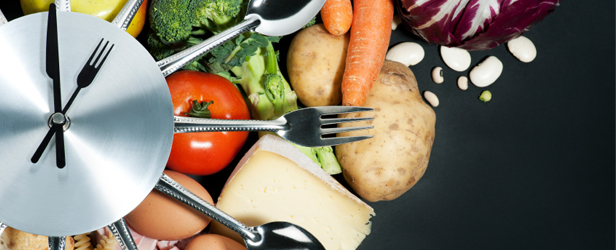
In a few recent conversations with clients, the topic of macros and calories came up. She mentioned that in the past, she has only counted macros, but not calories.
Let's get something straight off the bat...
MACROS are CALORIES. CALORIES are MACROS.
20g of protein = 80 calories (20x4calories/gram)
(Remember: Protein = 4cals/gram, carbs = 4cals/gram, fat = 9cals/gram)
For simplicity sake, let's use round numbers. Let's say you eat 100g protein, 100g carbs and 100g fat every day. That would equal 400 cals from protein, 400 cals from carbs and 900 cals from fat. That total equals 1700 calories. So regardless of whether you track macros or calories, they are intertwined and connected.
But let's get to the point of this post -- which should you track?
Generally speaking, I like my clients to track macros and here's why.
If someone eats 2000 calories a day, but 1400 of those calories come from carbs and crappy processed sources, 400 calories comes from fats and a very small amount comes from trace protein, that's really not a good proportion of food. And at a further look, the sources of those calories are crap! (That would equal 350 grams of carbs, 44 grams of fat and 50 grams of protein using the formulas above).
But if I have my client track her macros of protein, carbs and fat, we can get a better idea of what types of calories they are getting! With the above numbers, I can easily see this person is not getting enough protein. My first change would be to increase protein intake to:
100g protein (400 calories)
250g carbs (1000 calories)
66.6g fat (600 calories)
As you can see the total number of calories (2000) is the same. But we've adjusted where those calories are coming from. We may hold there for a few weeks, then adjust again to:
125g protein (500 calories)
225g carbs (900 calories)
66.6g fat (600 calories)
In this example, you can see we swapped 25 grams of carbs for protein. Because carbs and protein are both 4 calories per gram, it's an easy exchange. We can keep adjusting these numbers until we get to a point that we like. And from there, we can adjust those numbers up or down, thereby increasing or decreasing the total number of calories.
There are many ways to track and adjust the diet, but tracking macros can really help to see if those calories are coming from appropriate macronutrients. After that, we can also then determine if those macronutrient sources are quality (lean meats, quality carbs and good fat sources) or crap (processed meats, processed carbs and trans fats.)
Hopefully this helps you on your way to figuring out what to track!








